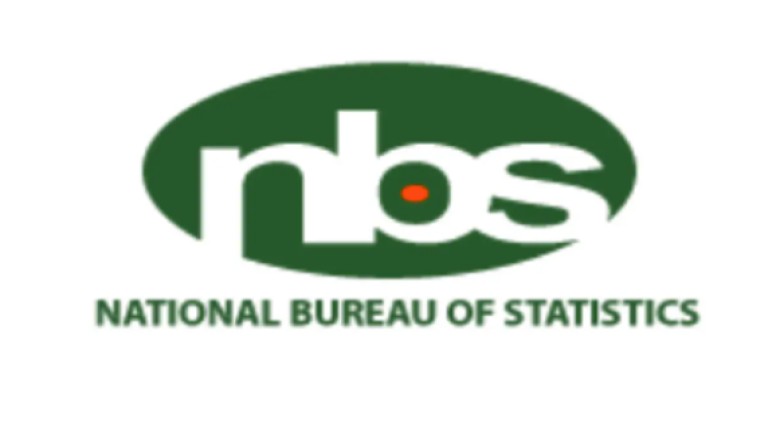Inflation Eases PMI to a Slight Increase of 51.1 Points
The Purchasing Managers' Index (PMI) edged up slightly to 51.1 in April 2024, driven by a slower pace of increases in prices and output charges.
The Stanbic IBTC PMI survey report, released yesterday, indicated that inflationary pressures eased in the Nigerian private sector in April compared to the situation in March.
The headline PMI rose slightly to 51.1 in April from 51.0 in March 2024, marking the fifth consecutive month of improved business conditions in the nation's private sector.
PMI readings above 50.0 indicate an improvement in business conditions from the previous month, while readings below 50.0 suggest deterioration.
“Inflation rates remained high, impacting the growth of output and new orders, and causing some firms to cut back on employment.
“Business conditions were significantly influenced by fluctuations in the naira, affecting price trends. The currency's recent strengthening led to a sharp slowdown in the rate of increase in purchase prices and output charges, though inflationary pressures remained considerable. The latest increase in selling prices was the mildest in almost a year. Slower price increases were observed across all four broad sectors covered by the survey.”
The report highlighted that, despite the slower price increases compared to March, inflationary pressures continued to constrain growth in output and new orders in April, with both indicators remaining unchanged from the previous month.
“The agriculture and manufacturing sectors experienced sharp increases in output, while wholesale and retail activities also grew. However, services activity declined.
In addition to a softer rate of purchase cost inflation in April, firms also saw a slower rise in employee expenses. Staff costs increased moderately, at the slowest pace in 13 months. Nonetheless, cost pressures led some companies to cut back on staffing. This was largely offset by hiring in other areas, resulting in overall employment remaining relatively stable in April, following declines in February and March."
"The continued lack of job creation amid increasing new orders resulted in a buildup of backlogs for the second consecutive month. Delays were also attributed to challenges in obtaining materials due to higher prices and difficulties in receiving payments from customers for completed orders.
"Growing new orders contributed to modest increases in purchasing activity and inventory levels at the beginning of the second quarter of the year."
























Leave A Comment